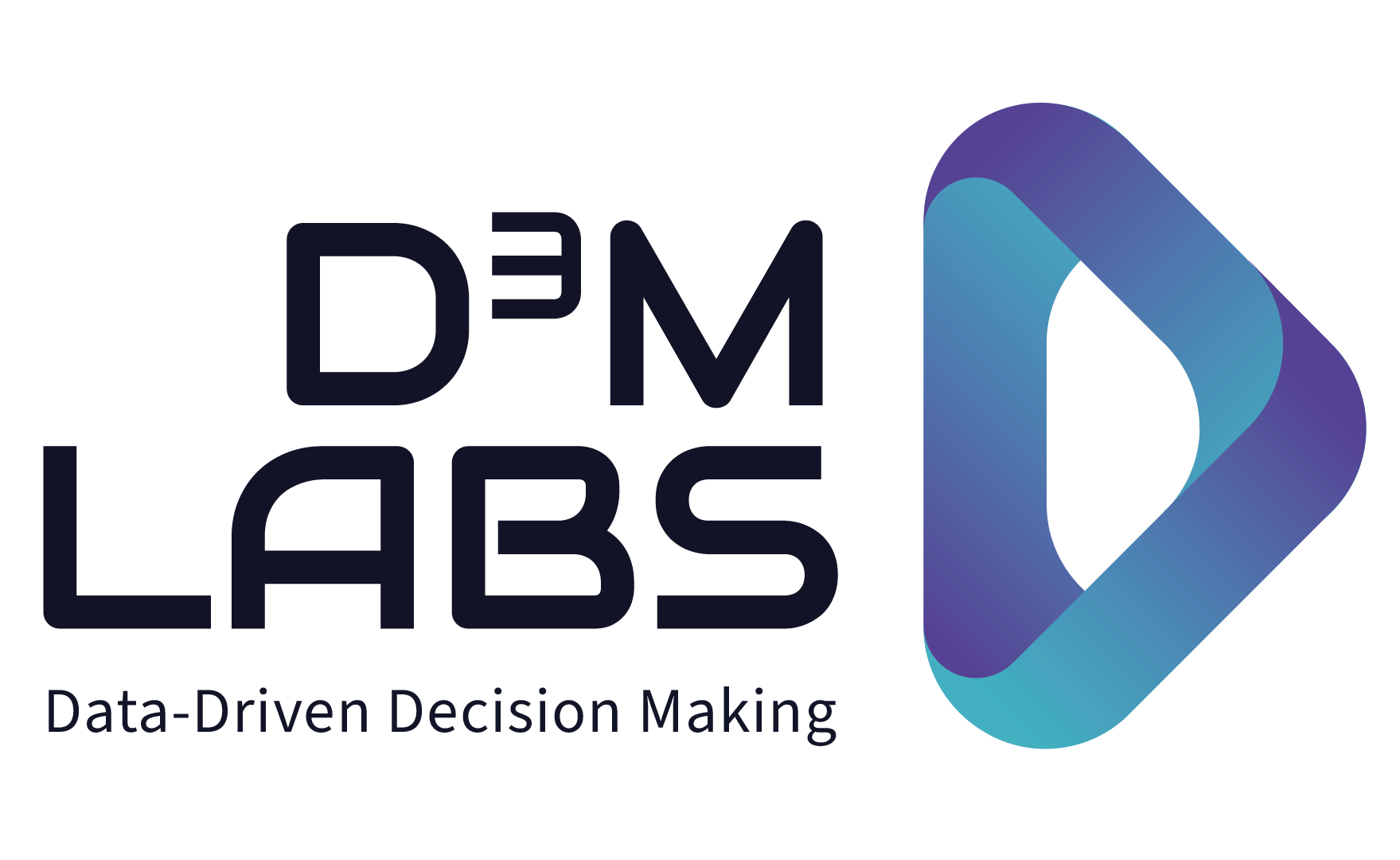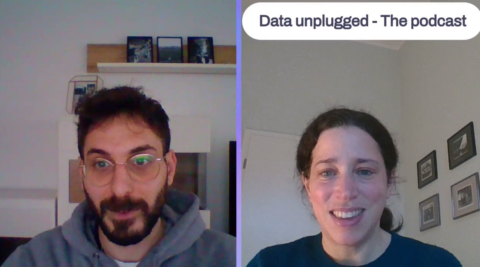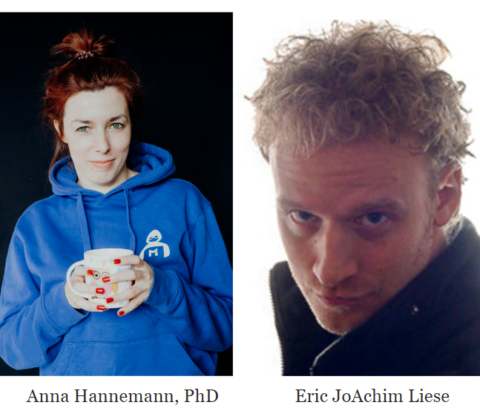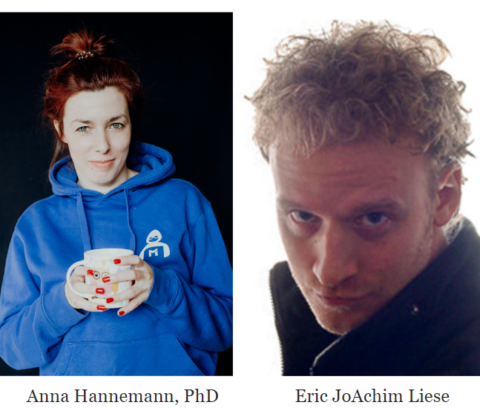Autor: Elizabeth Press
Das Produktlebenszyklusmanagement im Zeitalter der intelligenten Geräte – ein Interview mit Eric JoAchim Liese
Wie managt man ein Data Science Produkt, Teil 2: Da die Geräte immer intelligenter werden, muss sich das Produktlebenszyklusmanagement weiterentwickeln, um die Daten als langfristigen Wert und Teil der Kundenbeziehung zu betrachten. Eric Joachim Liese spricht über Edge Computing und Geräteautonomie als Voraussetzung für ein gutes Kundenerlebnis. Er erklärt auch, wie traditionelle Hardware-Hersteller ihre Betriebsabläufe weiterentwickeln und Fachkräfte einstellen können, um diesen Weg erfolgreich zu beschreiten
Product lifecycle management in the era of smart devices – an Interview with Eric JoAchim Liese
How to Manage the Data Science Product, Part 2: As devices get smart, product lifecycle management for hardware needs to evolve to encompass the view of data as a long-term asset and as an active, even pro-active part of the customer relationship. Eric JoAchim Liese talks about edge computing and device autonomy as being requisite to providing a good customer experience. He also explains how traditional hardware manufacturers can evolve their operations and hire in expertise to successfully navigate the journey.
Data Mesh – Wie man verhindert, dass es sich in ein geldverschlingendes Chaos verwandelt – ein Podcast
Data Mesh ist eine analytische Datenarchitektur und ein Betriebsmodell, bei dem Daten wie ein Produkt behandelt werden und den Teams gehören, die sie produzieren, d. h. den Geschäftsbereichen. Wie können sich Unternehmen auf den Weg zu Data Mesh machen, ohne ihre Budgets zu sprengen und letztlich einen großen, unübersichtlichen und teuren Datensumpf zu schaffen? Höre dir den Podcast an. Lese den Blog.
Data Mesh – How to prevent it from turning into a money draining mess – A podcast
Data Mesh is an analytical data architecture and operating model where data is treated like a product and owned by teams who produce it, i.e the busness domains. How can organizations embark on their data mesh journeys without exploding their budgets and ultimately creating a big, mess, expensive data swamp? Listen to the podcast. Read the blog.
Das Management des Data Science Produktes – ein Interview mit Anna Hannemann, PhD
Wie managt man ein Data Science Produkt, Teil 1: Algorithmen sind Produkte, die gemanagt werden müssen, um geschäftliche Ergebnisse zu erzielen. Anna Hannemann, PhD von Metro.digital erzählt, was sie als Pionierin im Produktmanagement für Datenwissenschaft gelernt hat. Sie spricht auch über den organisatorischen Aufbau, die Kompetenzen, die vorhanden sein müssen, und darüber, wie neue Tools das Management von Data-Science-Produkten beeinflussen.
Managing the data science product – an interview with Anna Hannemann, PhD
How to manage the data science product, Part 1: Algorithms are now products that need to be managed for business impact. Anna Hannemann, PhD of Metro.digital shares what she has learned as a pioneer in data science product management. She shares some key success factors for data science product development to drive monetization and growth .She also talks about organizational design, competencies that need to be in place and how new tools are impacting how data science products are managed.
Wie managt man ein Data Science Produkt? – Eine Serie von D3M Labs
Die Datenwissenschaft entwickelt sich von der Forschung und Entwicklung zu Produkten – sowohl online als auch offline….
How to manage the data science product, a D3M Labs Series.
Data science is moving from R&D into products – both online and off. Managing data products requires…
Data is about business- an interview with Tristan J Burns
The Future of the Analyst, Part 3: Data is about business, strategy and revenue generation. Tristan J Burns shares his transition from banking to being a data leader. Tristan details how he sees the role of a data leader encompassing EQ (emotional intelligence) and enabling the data team to drive strategy and data-driven decision making. The interview also includes how data leaders should be measured and which C-Suite roles they should fill.
From analyst to CEO – an interview with Alfredo Carreras
Future of the Analyst, Part 2: Despite their geeky reputation, analysts often enjoy working cross-functionally, guiding data-driven decision making. According to a recent D3M Labs Poll, many of them have C-Suite ambitions. Alfredo talks about his journey from analytics to the C-Suite. He explains how a background in analytics is good training ground for data-driven CEOs. He also talks about what analysts need to learn to get the top job and excel.








